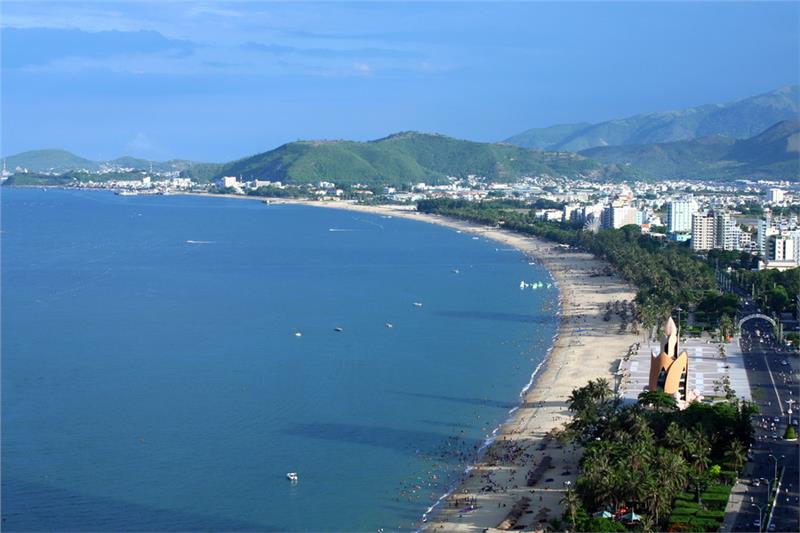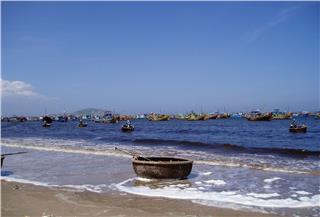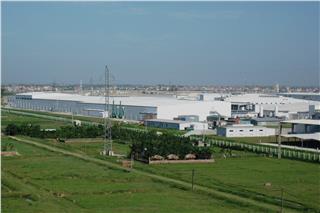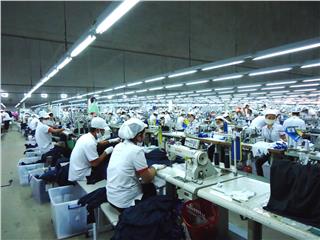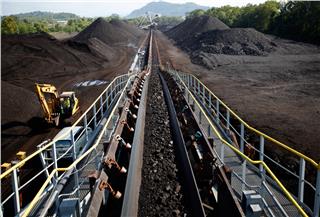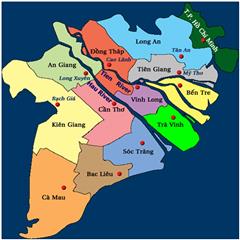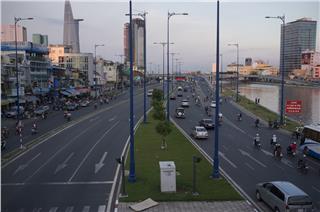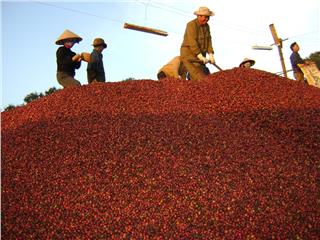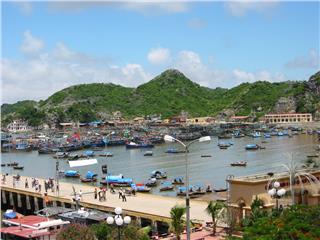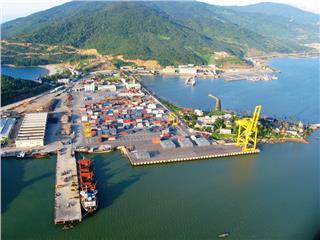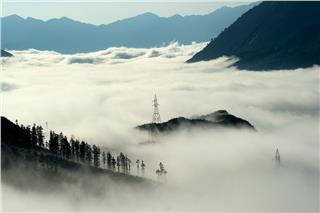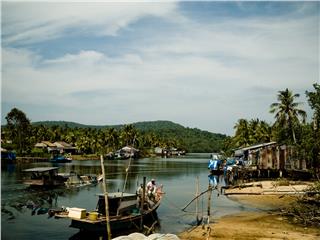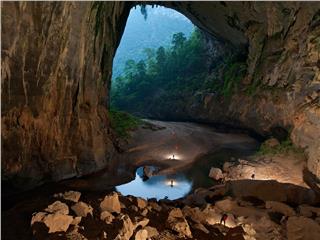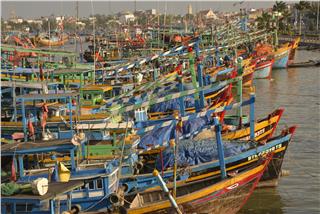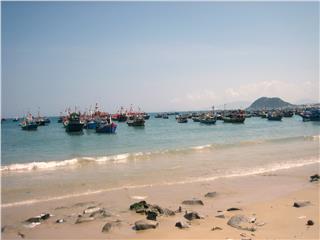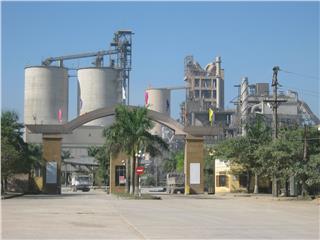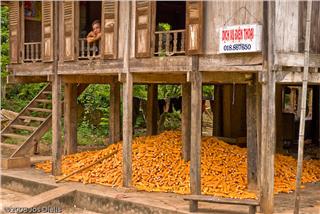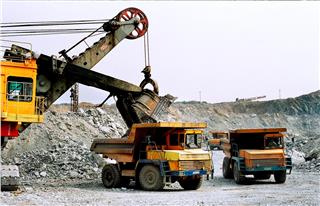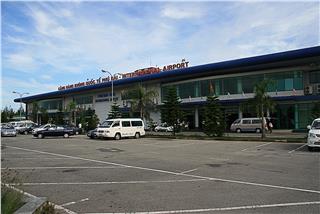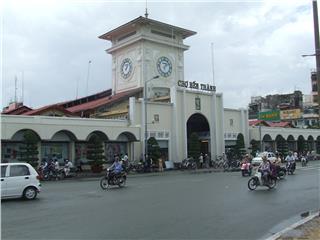Located near Ho Chi Minh City and a key economic triangle in the Southeast Vietnam, there is a favorable geographical position to develop economy in South Central Coast Vietnam.
The South Central Coast consists of 8 provinces including Quang Nam, Quang Ngai, Da Nang, Binh Dinh, Phu Yen, Khanh Hoa, Ninh Thuan and Binh Thuan. Being recognized as a connection between the North Central Coast and the South East, the South Central Coast has a strategic role in the development of Vietnam economy. Having a lot of potential in natural resources and labor forces, the region has taken these advantages to reach significant flourishes in developing economics in the next years.
Advantages – Disadvantages
Marine resource is the most potential resource of economy in South Central Coast Vietnam. The region accounts for nearly 20% of the fishing output in the whole country. The aquaculture area is about 60, 000 hectares with a variety types including shrimps, lobsters, groupers, and pearls. This condition allows the region to build a strongly marine economics and develop ocean freight services. Deep water ports also ensure large vessels can be accessible. Besides, there are available of infrastructures and lands for building industrial zones combining with deep water ports to develop transportation and economics as well.
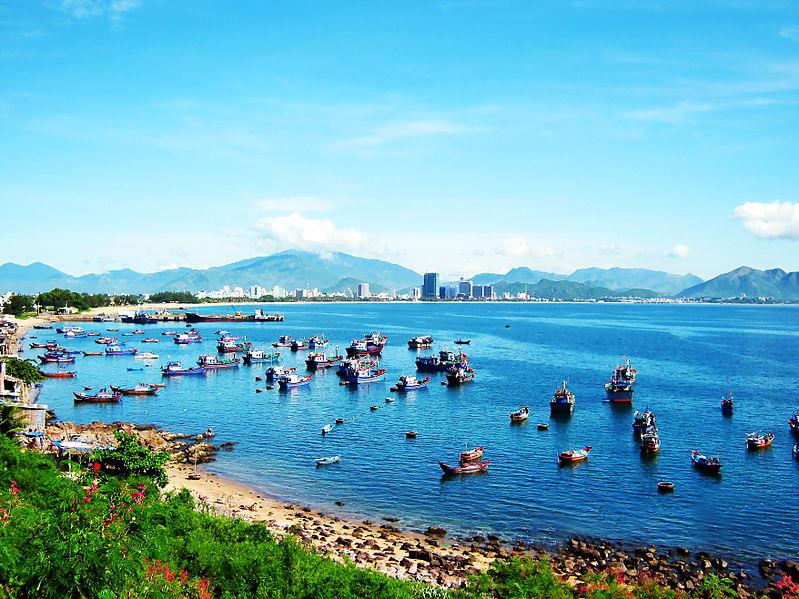
Located in the position having rich natural resources, the South Central Coast has a plenty of minerals including heavy mineral sand, white sand, paving stones, mineral water, gold, kaolin, titanium, oil and gas. Besides, large population with higher educational level is also an advantage of economy in South Central Vietnam. This feature of population creates abundant and cheap labor resources with high skills. The region also has potential in tourism with many beautiful beaches like and a lot of hot springs. The harmonious combination between seas and mountains, the ancient relics, etc create the big advantage in tourism for the South Central Coast Vietnam.
The region is one of two regions in Vietnam which have the harshest climate in comparison with other places. Every year, the land undergoes many natural disasters like hurricanes, floods and droughts. Actually, the weather has big effects on agricultural production. In addition, the region also has limited energy resources. Energy of the South Central Coast has not met the needs of the industrial development and other economic activities.
Economic sectors
Fishery
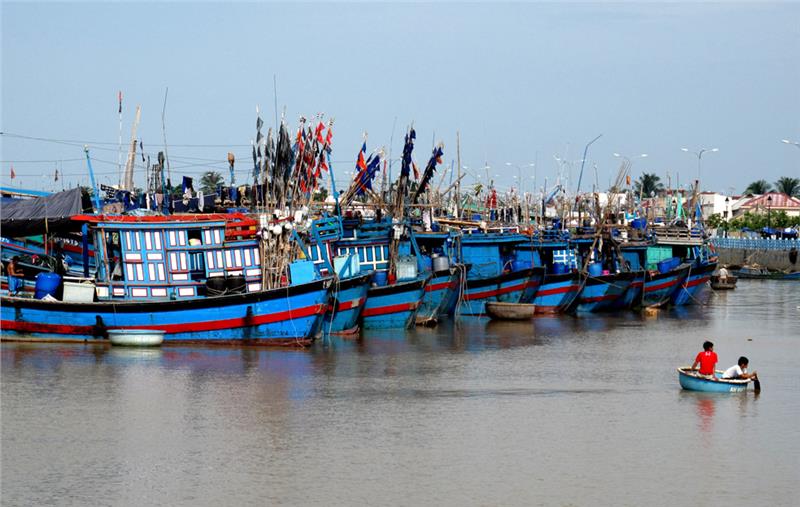
As mentioned before, thanks to the favor of nature, the region has large potential for marine economy. Therefore, fishery is the most developing economic sector in the South Central Coast. Beaches here have a plenty of shrimps and fishes. Especially, there are large fishing zones in Hoang Sa (Da Nang) and Truong Sa (Khanh Hoa). The fishing yield in 2006 was more than 624, 000 tons with the amount of 420, 000 tons of fishes including mackerels, tunas, herrings, scads, and snappers. Besides, coasts of the South Central Vietnam have many bays and lagoons which are favorable for aquaculture. Lobsters and prawns are significantly grown, especially in Phu Yen and Khanh Hoa. In the future, it is expected that fishery can resolve food problems in the region, provide a variety of products and help to restructure the economic sectors in the coastal provinces.
Agriculture
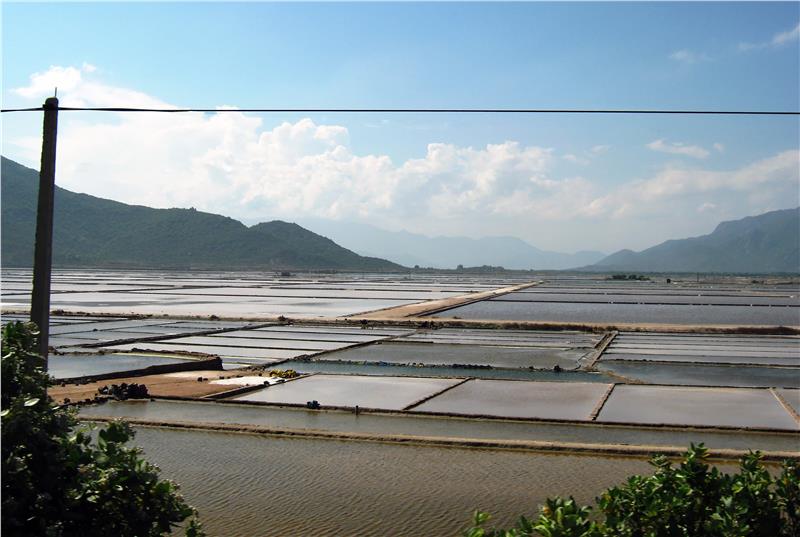
Some popular perennial crops of the South Central Coast are pepper, coffee, tea and fruit trees. In details, peppers are mainly grown in Quang Binh and Quang Tri province. Among fruit trees, dragon fruits are the highest value tree for exports of the South Central Coast. By April, 2013, Binh Thuan province grew 20, 000 hectares of dragon fruits increasing 13, 000 ha in comparison with 2006. According to data from the Ministry of Industry and Trade, in 2012, Binh Thuan dragon fruits brought approximately 150 million USD in comparison with 800 million USD of the total fruits and vegetables export value in the South Central Coast.
Industry
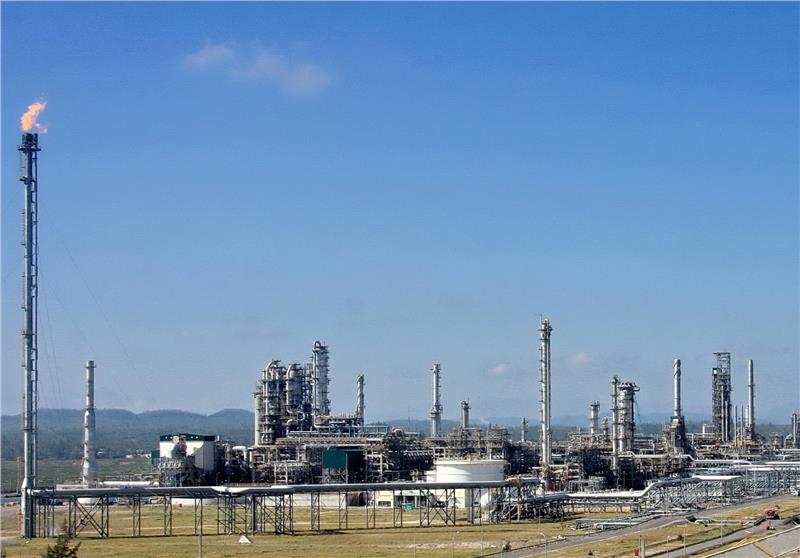
The South Central Coast Vietnam economy consists of some large industrial parks. Da Nang is the largest one and followed by Nha Trang, Quy Nhon and Phan Thiet. Popular industries in the region mainly include engineering industry and processing industry. The formation of key economic zone in the Central Vietnam including Chu Lai Open Economic Zone, Dung Quat Open Economic Zone, Nhon Hoi Economic Zone has contributed a large part in the growth of the South Central Coast industry.
Services
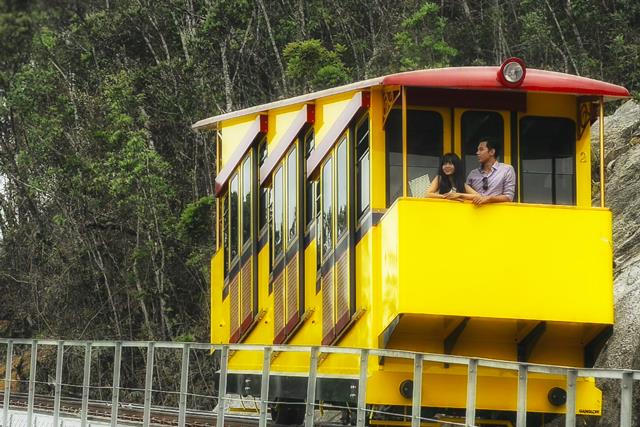
The rich marine resources also create the great potential for sea tourism in South Central Coast Vietnam with many stunning beaches, for example, My Khe beach (Da Nang), Sa Huynh beach (Quang Ngai), Quy Nhon beach (Binh Dinh), Nha Trang beach (Khanh Hoa) and Mui Ne beach (Binh Thuan), etc. The development of marine tourism associated with various cultural activities has brought the large benefit for the economy of South Central Coast. Besides the deep water ports create advantages for developing ocean freight services as well.
Economic development orientation

According to the plan of constructing the South Central Coast up to 2025 of Vietnam Government, which is signed by the Prime Minister on August 12, 2008, the South Central Coast Vietnam economics will develop in the direction of:
- Developing marine economy and tourism;
- Improving the system of local traffic network, upgrading Vung Ro port, building a new international transshipment port Dam Mon;
- Cam Ranh airport will be upgraded to become an international airport reaching 4E level;
- Building a helipad at Phu Quy Island and Van Phong Economic Zone. Van Phong Economic Zone will be priority to receive investments in building international container transshipment terminal and high technology industry.
